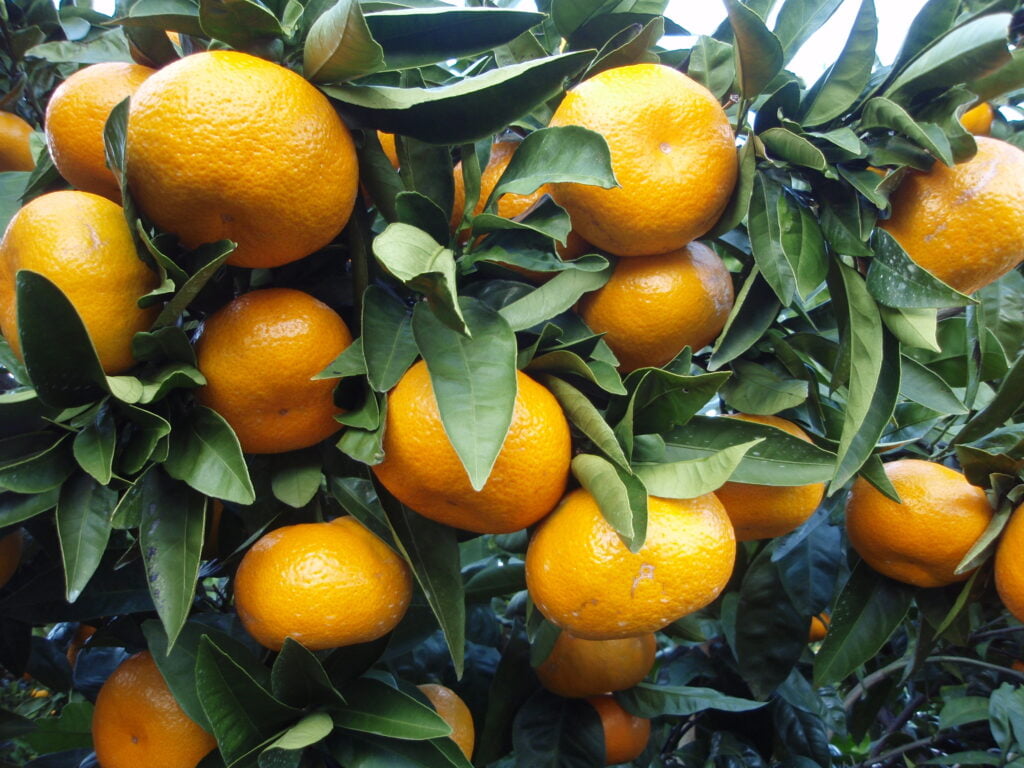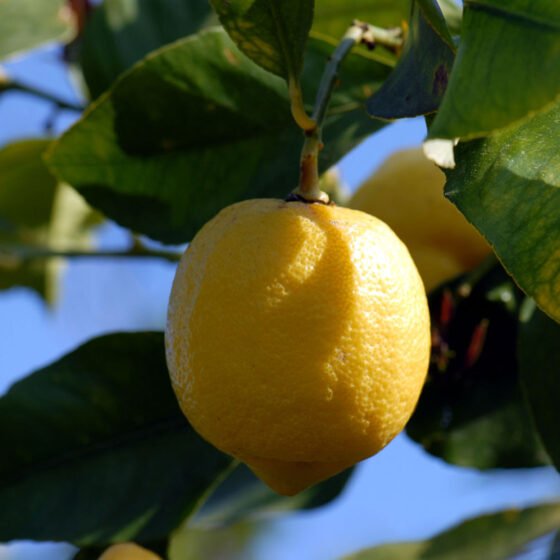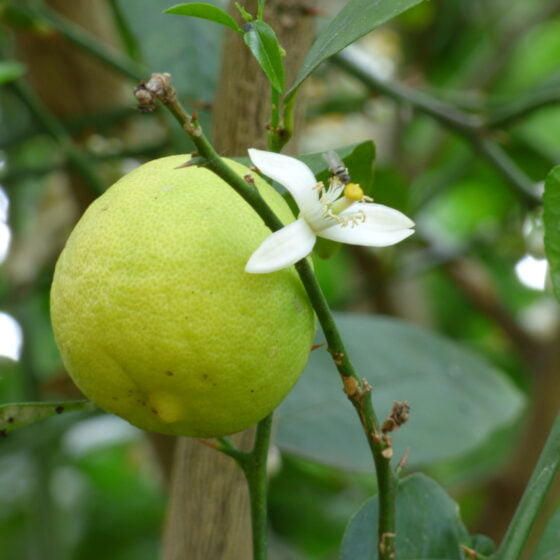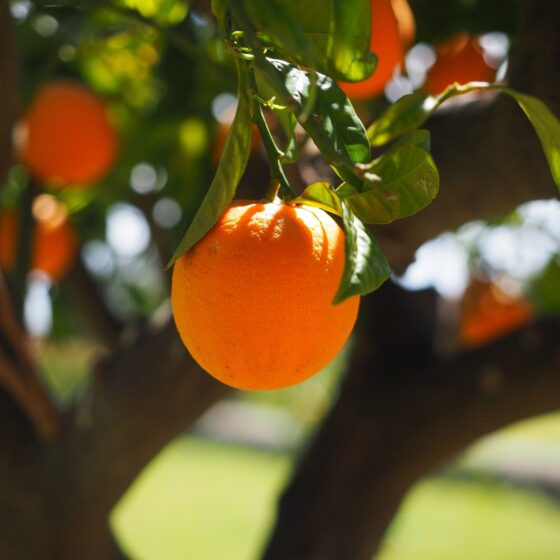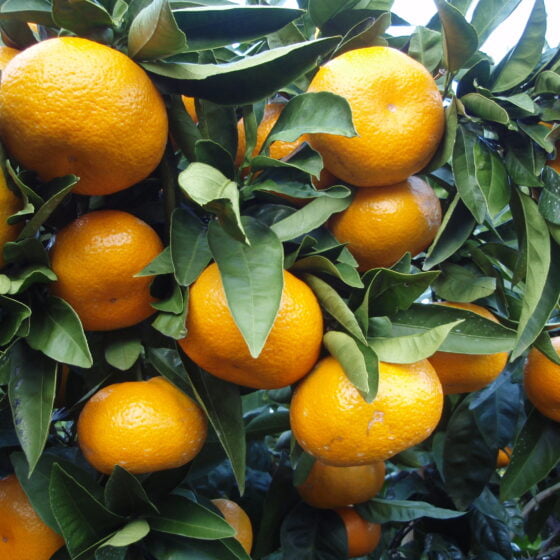
Tangerine Brazil
Citrus tangerina
General data
Harvest Calendar
- J
- F
- M
- A
- M
- J
- J
- A
- S
- O
- N
- D
Product details Fragrance side
Close to the mandarin – of which it is a hybrid – Tangerine has a similar use. It thus allows a fruitier and fresher start in colognes. Its use in exotic fruit or opulent flower accords adds a natural and fresher touch to these notes.
About
Tangerine is a citrus fruit botanically very close to the Mandarin orange. Both are from China, but the tangerine became more widespread in America, especially in the United States, where it is very popular. The tree has evergreen foliage of glossy green and fragrant white flowers reminiscent of orange blossoms. The fruit of the tangerine is a larger than that of the mandarin tree, and darker in color. The fruit is harvested before reaching complete maturity, between April and July. When the fruit is too ripe, the peel comes away too easily from the pulp and it is impossible to use cold-press machines for extraction. Tangerine essential oil has a pleasant, citrusy scent recalling that of bitter orange when peeled.
The name tangerine comes from the Moroccan city of Tangier, where it was long cultivated. In Brazil, tangerines are grown mainly as table fruit, alongside the sweet orange. Essential oil production is still a secondary industry. Though very close in botanical terms, the Mandarin orange and tangerine are very different in olfactory character.
Fragrance side
Close to the mandarin – of which it is a hybrid – Tangerine has a similar use. It thus allows a fruitier and fresher start in colognes. Its use in exotic fruit or opulent flower accords adds a natural and fresher touch to these notes.
About
Tangerine is a citrus fruit botanically very close to the Mandarin orange. Both are from China, but the tangerine became more widespread in America, especially in the United States, where it is very popular. The tree has evergreen foliage of glossy green and fragrant white flowers reminiscent of orange blossoms. The fruit of the tangerine is a larger than that of the mandarin tree, and darker in color. The fruit is harvested before reaching complete maturity, between April and July. When the fruit is too ripe, the peel comes away too easily from the pulp and it is impossible to use cold-press machines for extraction. Tangerine essential oil has a pleasant, citrusy scent recalling that of bitter orange when peeled.
The name tangerine comes from the Moroccan city of Tangier, where it was long cultivated. In Brazil, tangerines are grown mainly as table fruit, alongside the sweet orange. Essential oil production is still a secondary industry. Though very close in botanical terms, the Mandarin orange and tangerine are very different in olfactory character.
Other type of extracts
(Citrus)
